Presenters
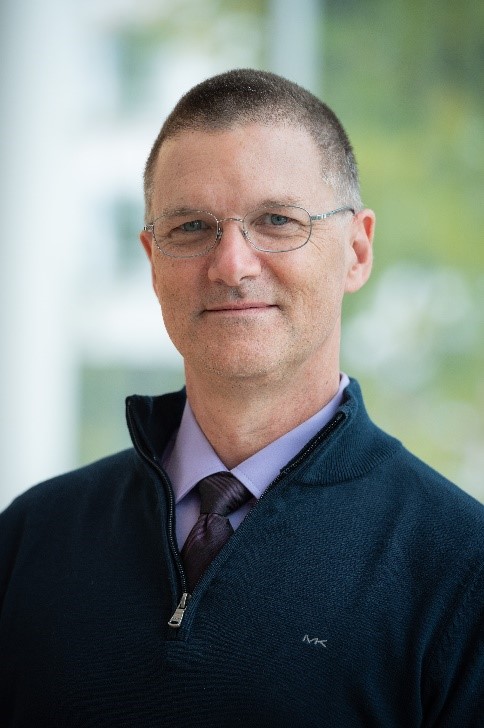
Glenn Regehr
Glenn Regehr received his PhD in cognitive science from McMaster University in 1993, and during the last year of his PhD training, he served as a Research Associate with the Program for Education Research and Development at the McMaster University Faculty of Medicine. In 1993 he entered the field of Health Professions Education as Assistant Professor at the University of Toronto and Scientist at the University Health Network, where he cofounded the Wilson Centre for Research in Health Professional Education. In 2009, he moved to the University of British Columbia, where he co-founded the UBC Centre for Health Education Scholarship. He currently serves as Senior Scientist and the inaugural Associate Director at CHES.
Glenn has formally mentored over 100 graduate students, research fellows, and faculty. Through these various collaborations, he has co-authored over 200 peer reviewed papers on a range of topics including: clinical expertise, practice-based assessment, professionalism, professional identity construction, self assessment, self-regulation and feedback. Using the knowledge gained from these areas of study, he has consulted with professional organizations and regulatory bodies across North America regarding authentic and effective models of self-regulation and continuing professional development.
In addition to over 20 awards for individual papers and presentations, his career awards include the National Board of Medical Examiners Hubbard Award (2007), the inaugural Mentorship Award sponsored by the CAME Early Career Educator Group (2015) and the Karolinska Institutet Prize for Research in Medical Education (2020).
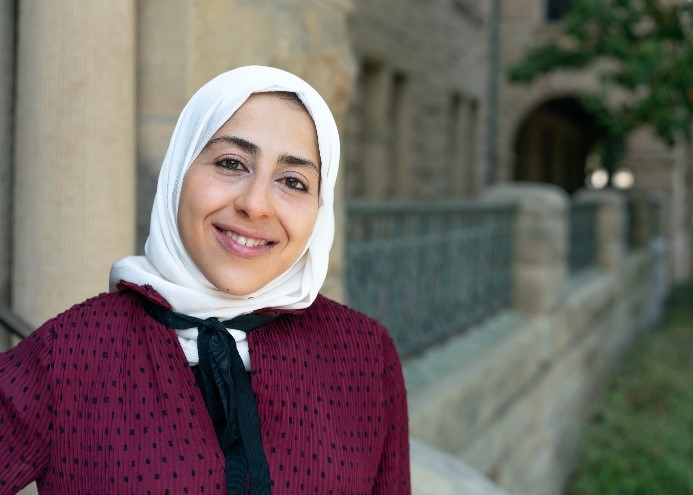
Alaa Youssef
Alaa Youssef is a post-doctoral fellow at Department of Radiology, Stanford School of Medicine. She received her PhD from the Institute of Medical Science, Department of Psychiatry at the University of Toronto in Canada. The overarching aim of her post-doctoral research is to elucidate the path towards the safe use of artificial intelligence (AI) in healthcare by understanding how AI systems are implemented and evaluated in practice to ensure systems safety and trustworthiness. In particular, she focuses on the ethical and clinical challenges limiting the safe use of AI in clinical settings.
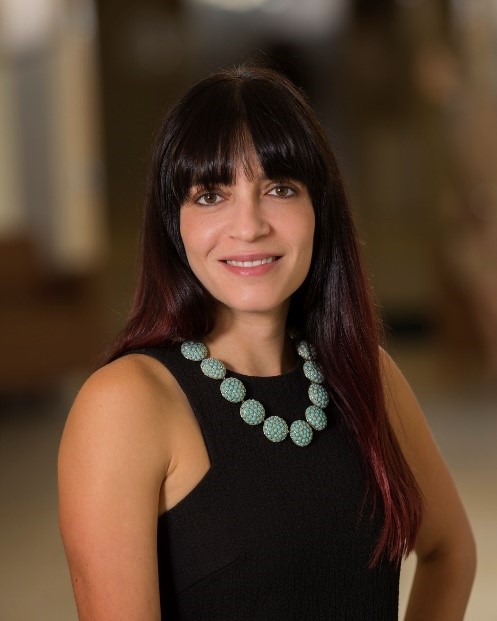
Maria Mylopoulos
Maria Mylopoulos’ research program explores the development and maintenance of expertise, with a particular focus on how health professionals deal with uncertainty, novelty and complexity in their daily clinical problem solving. The aim of her research is to evolve understanding of the knowledge and capabilities that underpin this facet of expertise as it occurs in real-world contexts using theoretical frameworks of clinical reasoning and adaptive expertise. The ultimate goal of her research is to translate this understanding to educational design that promotes the development of exceptional clinicians who are able to handle the complexities and challenges of the healthcare workplace.
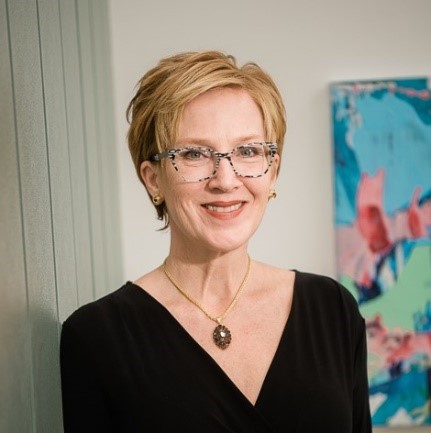
Lorelei Lingard
Lorelei Lingard is an internationally recognized researcher in the study of communication and collaboration on healthcare teams. She is Professor in the Department of Medicine, and Senior Scientist at the Centre for Education Research & Innovation, both at the Schulich School of Medicine & Dentistry at Western University.
Lorelei loves language. She has used her PhD in Rhetoric to explore how language influences team collaboration in clinical settings, how it socializes trainees as they learn to ‘talk like doctors’, and how it shapes what we see (and say, and do) as medical educators. She is a leading qualitative researcher, a committed mentor and teacher, and a prolific scholar with more than 240 peer reviewed publications. Lorelei is also an avid writing coach. She designs masterclasses, studio sessions and written resources – including a co-authored book in 2021 – to help health researchers around the world refine their writing craft.
In 2018, Lorelei was awarded the highest international honor in her scientific field, the Karolinska Institutet Prize for Research in Medical Education. In 2021, she was made an honorary fellow of the Royal College of Physicians and Surgeons of Canada.
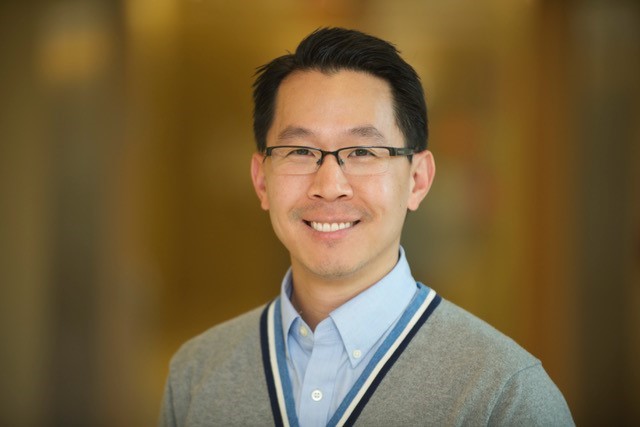
René Wong
René Wong is a husband, father of 3 and washed-up soccer player who enjoys his work as an endocrinologist, clinician educator and associate professor in the Department of Medicine at the University of Toronto. He initially focused his academic career towards continuing professional development (CPD) in the field of diabetes. Through these initial experiences, his interests shifted from asking questions about how to best translate specialist expertise into the practices of other clinicians, towards understanding what is considered expertise in the first place, how it has come to be, and what may be unintentionally happening as a result. In 2020, he completed a PhD in 2020 that used a social theoretical perspective to explore the impact of clinical practice guidelines and associated knowledge translation initiatives on power relations between specialists, family physicians and people living with chronic disease. His current research uses sociologic frameworks to examine, deconstruct and ultimately improve commonly-accepted practices in CPD, intra- and interprofessional practice and patient-centered care.
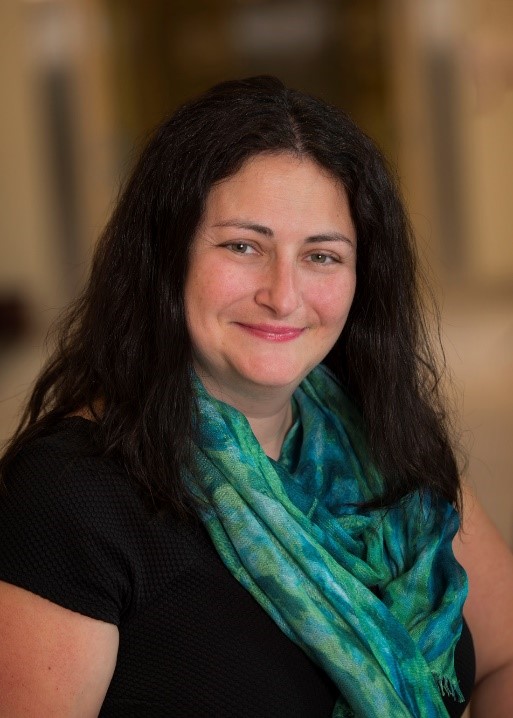
Ayelet Kuper
Ayelet Kuper is a Scientist and Associate Director at the Wilson Centre and an Associate Professor in the University of Toronto Department of Medicine. She practices medicine within the Division of General Internal Medicine at Sunnybrook Health Sciences Centre, where she attends on the Clinical Teaching Unit. She is interested in the kinds of knowledge and of knowledge production practices we see as legitimate within medical education and medicine more broadly, and in the ideas, individuals, and groups that are included or excluded based on their knowledge claims. She has published over 80 peer-reviewed papers, many of which relate to power, equity, inclusion, and social justice. Her pronouns are she, her, and hers.
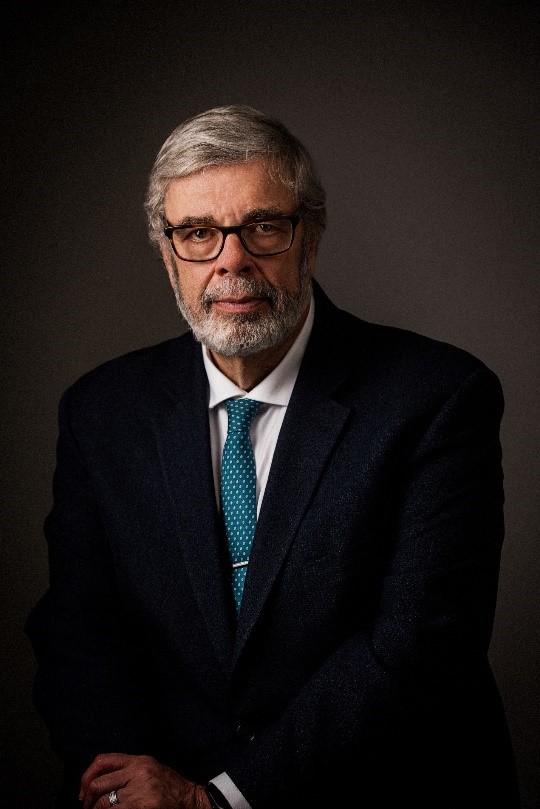
Richard Reznick
Richard Reznick received his medical degree from McGill University, followed by a general surgical residency at the University of Toronto. He spent two years in fellowship training, first obtaining a Masters’ degree in medical education, followed by a fellowship in colorectal surgery at the University of Texas.
Dr. Reznick was the inaugural Director of the University of Toronto Faculty of Medicine’s Centre for Research in Education at University Health Network, and in 1999 was appointed Vice President of Education at University Health Network. He served eight years as the R. S. McLaughlin Professor and Chairman of the Department of Surgery at the University of Toronto.
From 2010 -2020, Dr. Reznick assumed the position of Dean, Faculty of Health Sciences at Queen’s University and Chief Executive Officer of the Southeastern Ontario Academic Medical Organization (SEAMO).
In 2021, Dr. Reznick assumed the position of President of the Royal College of Physicians and Surgeons of Canada.
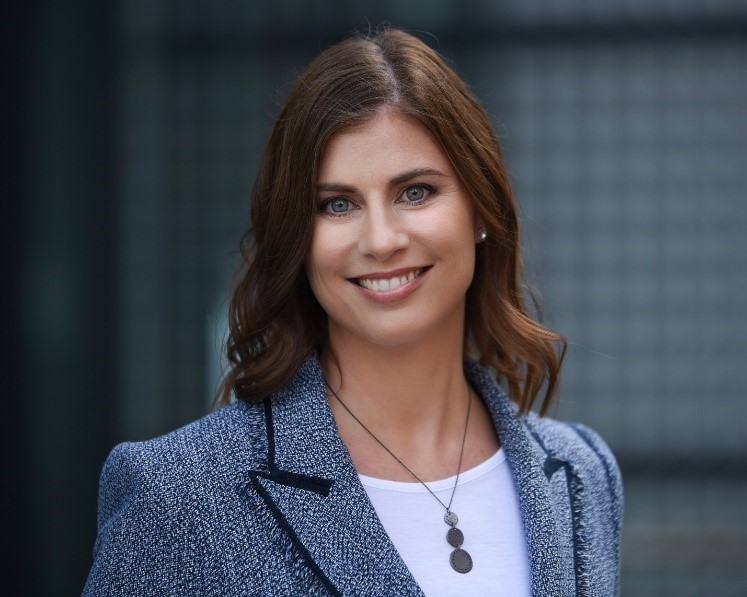
Jamie Kellar
Jamie Kellar is an Associate Professor – Teaching Stream and Associate Dean, Academic at the Leslie Dan Faculty of Pharmacy, University of Toronto. She received an Honors Bachelor of Science degree in Human Kinetics (BScHK) from the University of Guelph, followed by a Bachelor of Science in Pharmacy (BScPhm) and Doctor of Pharmacy (PharmD) degree, both from the University of Toronto. Currently, she is a PhD candidate in the School of Health Professions Education, Maastricht University, Netherlands, where she is using Foucauldian Critical Discourse Analysis to study Pharmacist Professional Identity. In addition to her education, she is a licenced pharmacist in Ontario. Professor Kellar’s practice area is in the field of mental health, specifically in-patient mental health. Jamie Kellar is an award-winning educator, having won the University of Toronto Early Career Teaching Award and the Association of Faculties of Pharmacy of Canada (AFPC) National Award for Excellence in Education.
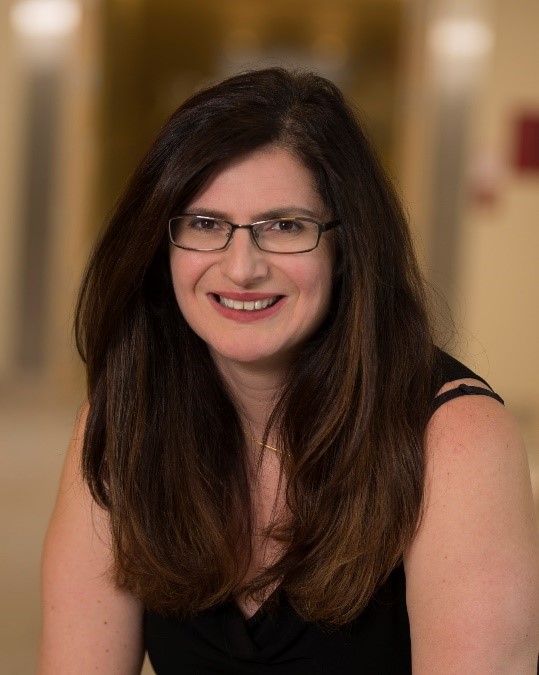
Tina Martimianakis
Tina Martimianakis’ academic training in Political Science and the Sociology of Higher Education, combined with over two decades working in clinical contexts and university administration has led her to develop a unique interdisciplinary orientation to the study of health professions education. At the heart of her research program is the exploration of problematic socio-political relationships that impact the mission of health professional organizations to prepare and support clinicians to provide comprehensive and compassionate care to all patients.
Theoretically, Tina’s works aims to elaborate on governmentality effects: the ways in which dominant discourses impact professional identity negotiations, particularly the articulation and application of expertise. She thus studies the material effects of discourse as a particular dimension of the hidden curriculum with the potential to support or hinder educational delivery and learning. Tina is also interested in ways in which organizations and educational programs may inadvertently create the conditions for knowledge stratification. Entry points for this work are discourses, such as collaboration, humanism, integration, caring, and globalization. These pervasive discourses and the associated activities, identities, tools, and cultural symbols they make possible, manifest formally and informally and influence the value systems that academic health care providers, learners and patients bring to their interactions.
Her educational practice is closely aligned to her research program. As an educator, Tina employs critical and social cultural pedagogies to enable clinician educators to incorporate complex negotiations of the social world in their educational planning and implementation.
Tina co-leads the Wilson Centre Globalization research group with Dr. Brian Hodges and Chairs the program committee of the Wilson Centre Globalization Symposium. The symposia bring together policy makers, scholars and educators from around the world to exchange views and disseminate research on topics related to the globalization of health professions. The Symposia are always co-organized with other organizations. Past partners have included, the University Health Network, St. Josephs’ Hospital and the Hospital for Sick Children in Toronto and internationally, Addis Ababa University, Ethiopia, the School of Health Professions Education, Maastricht University, Netherlands, the University of Aberdeen and ASME, UK and the Department of Social Medicine, National Taiwan University.
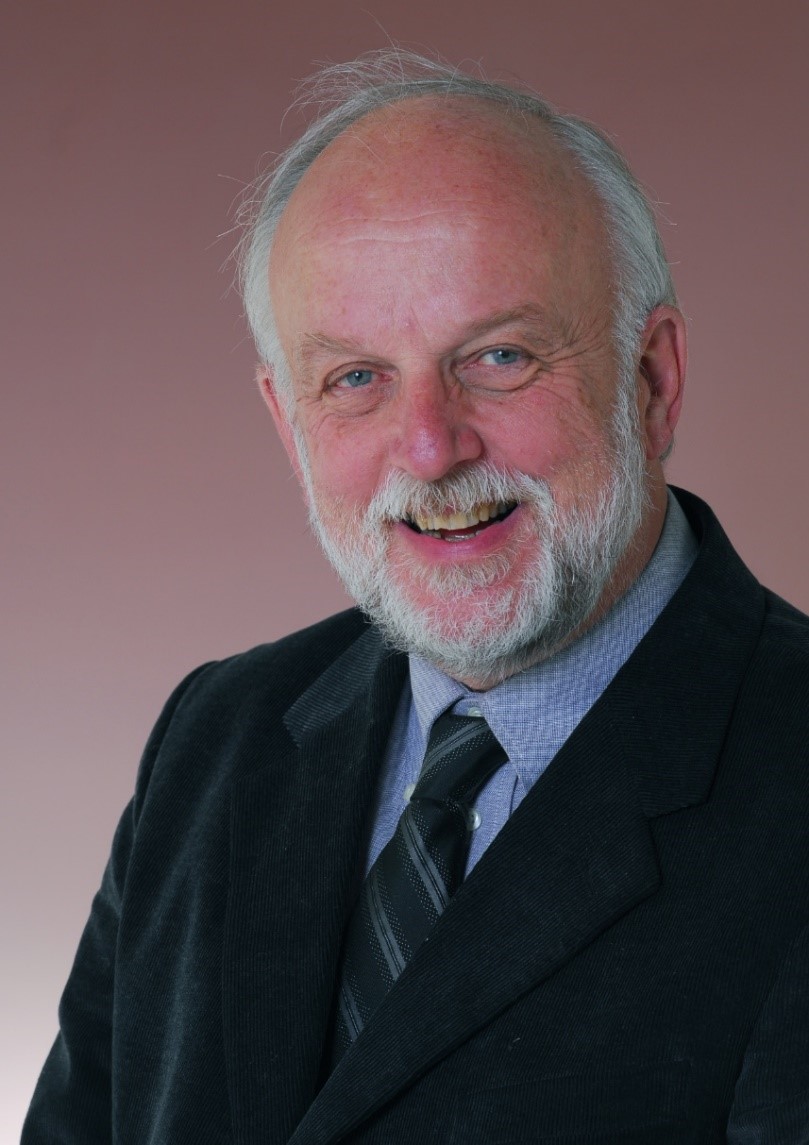
Geoff Norman
Geoff Norman, PhD, is an Emeritus Professor of Clinical Epidemiology and Biostatistics, McMaster University. He received a B.Sc. in physics from the University of Manitoba in 1965 and a Ph.D. in nuclear physics from McMaster University in 1971, and subsequently a M.A. in educational psychology from Michigan State University in 1977. He is the author of 30 books and book chapters in education, measurement and statistics, and over 300 journal articles. He has won numerous awards, including the Hubbard Award from the National Board of Medical Examiners. The Outstanding Achievement Award of the Medical Council of Canada, the Distinguished Scholar Award of the American Educational Research Association, and the Karolinska Prize for Lifetime Achievement in Medical Education. He held a Canada Research Chair from 2001-2015. He was elected to the Royal Society of Canada in 2007. He received an honorary doctorate from Erasmus University, Rotterdam in 2010. He was appointed to the Community of Distinction of McMaster University in 2018.
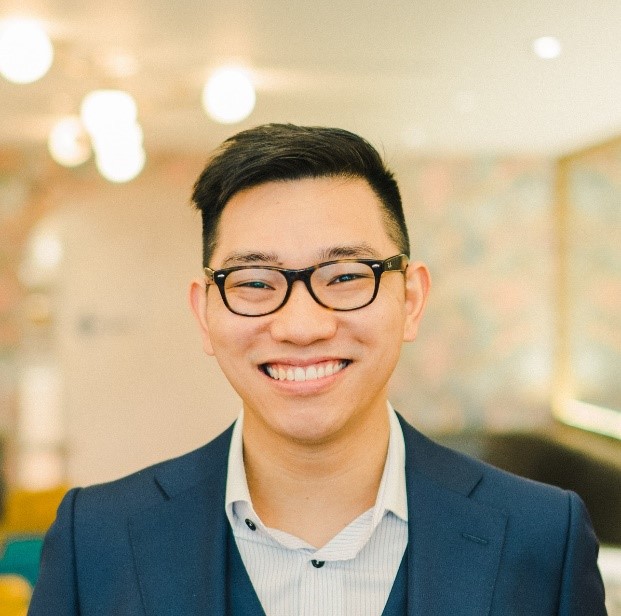
Jeffrey Cheung
Jeffrey Cheung is an Assistant Professor in the Department of Medical Education at the University of Illinois at Chicago College of Medicine. He received his PhD in Medical Sciences and HBSc in Neuroscience from the University of Toronto. During his PhD training, he completed a research fellowship at The Wilson Centre for Research in Education, where he was the 2017-2019 Richard and Elizabeth Currie Research Fellow. His research examines how cognitive processes such as memory, problem-solving, and decision-making are impacted by different education experiences, knowledges, and contexts. Through his work, he aims to clarify the relationship between learners’ cognition and the curricula they experience, and how educators can design learning experiences that better prepare learners for the ambiguity they will encounter in their future clinical practice. Jeffrey’s research has focused on the context of simulation-based training, where he has used quantitative and experimental methods to examine and critique how these technologies affect learning processes and outcomes. Using insights from cognitive psychology and clinical reasoning, he is exploring novel instructional strategies in simulation that support the learners’ integration of different types of foundational knowledge (e.g., basic, clinical, and social sciences), and assessing how such integrated instruction facilitates learners’ ability to transfer their learning to novel clinical problems and situations.
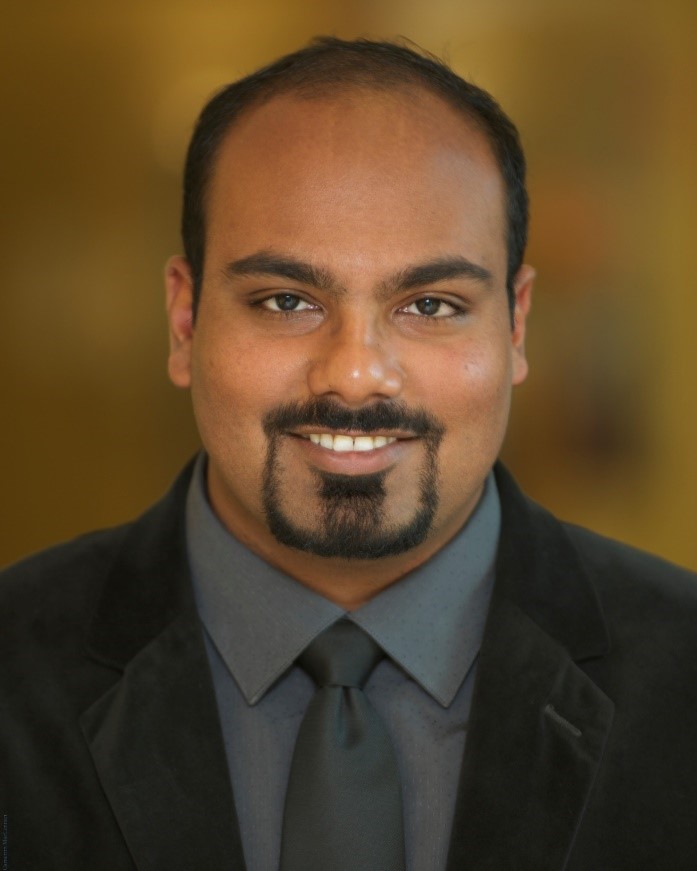
Mahan Kulasegaram
Mahan Kulasegaram’s research examines educational assessment as an opportunity to enhance learning and in particular, how to support transfer of learning. This involves re-examining the entire context of assessment - the objectives, process, tools, learners, and raters - from theoretical perspectives informed by theories from psychology and educational measurement. This program of work has led to significant changes in the practice and design of assessment at multiple levels of the education continuum for physicians.
Currently, he is advancing this work through examining assessment data as one fact of the educational big data. His current focus is on how data across the continuum of training - and across multiple institutions - can be linked and utilized to gain insights that can benefit learners, education programs, and society.
In July 2021 he was appointed as the inaugural Temerty Chair in Learner Assessment & Program Evaluation. In this role, Mahan will continue to advance the science of assessment and lead national collaborations in education big data. His other interests also include research methods and instructional design to support transfer of learning, clinical reasoning, and other important education outcomes. He also works in advancing the science and practice of admissions and selection in HPE. Mahan is currently accepting PhD students in all of the above mentioned areas.

Brian Hodges
Brian Hodges is Executive-Vice President Education and Chief Medical Officer at University Health Network, and Professor in the Temerty Faculty of Medicine at the University of Toronto. Brian is a practicing psychiatrist and teacher. His research and writing focus on assessment, competence, compassion and the future of the health professions.
Brian earned an undergraduate degree in Psychology, followed by an MD at Queen’s University in Kingston, Ontario. He then pursued a residency in psychiatry and a fellowship in medical education at the University of Toronto. He earned a Master and then a PhD in Education at the Ontario Institute for Studies in Education in Toronto. He also he earned a Diploma in Health Economics and Social Sciences from the University of Paris.
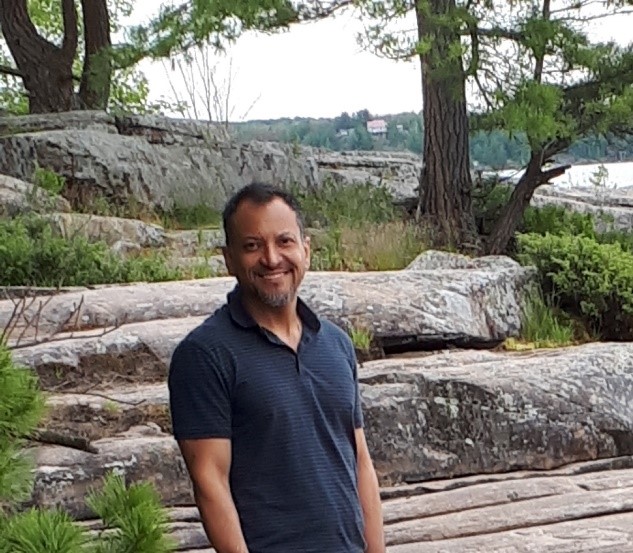
J. Cristian Rangel
J. Cristian Rangel is an Assistant Professor at the Department of Innovation in Medical Education at the University of Ottawa, and Education Scientist at the Ottawa Hospital. Cristian Rangel is a Medical Sociologist whose research and teaching lies at the intersection of the Social Determinants of Health and Biopolitics in advanced democracies. More recently he has directed his attention to the impact of new technologies in healthcare professions and delivery.
Cristian brings a transdisciplinary background into the field of Health Professions Education. Before immigrating to Canada, he earned an undergraduate degree in Business Administration & Marketing. In Canada he has earned a MA in International Development from Dalhousie University and a PhD in Sociology from the University of Toronto.
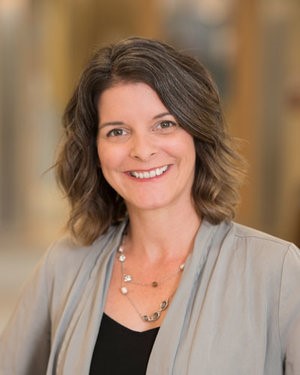
Paula Rowland
Paula Rowland is a Scientist with the Wilson Centre, MD Education, and with The Institute for Education Research (TIER@UHN), an Assistant Professor (status) in the Department of Occupational Science and Occupational Therapy, cross appointed to the Institute for Health Policy Management and Evaluation, and an Affiliate Scientist with the Centre of Interprofessional Education at the University of Toronto.
Having started her career as an Occupational Therapist in 2000 and subsequently completing a PhD in Human and Organizational Systems in 2013, Dr. Rowland studies professional work and identity within clinical workplaces. Making connections between organizational sociology, sociology of the professions, and health professions education, her work explores major change efforts within these workplaces and their potential implications for the future of professional work. Her existing research has explored two substantive arenas of technological and societal change: patient engagement programs and patient safety programs. In each of these domains, Dr. Rowland explores questions of power, knowledge, and identity. Given her interest in how professionals work, learn, and teach in ever-changing clinical workplaces, she has an adjacent stream of research that is about knowledge mobilization and workplace learning more broadly. These three streams of activity form a program of research on professional knowledge and identity in changing clinical workplaces. This program of research is relevant to the clinical learning environment and to workplace learning as a form of continuing professional development. Ultimately, Dr Rowland’s research contributes to models of education that support future experts and future expertise in a rapidly changing world.
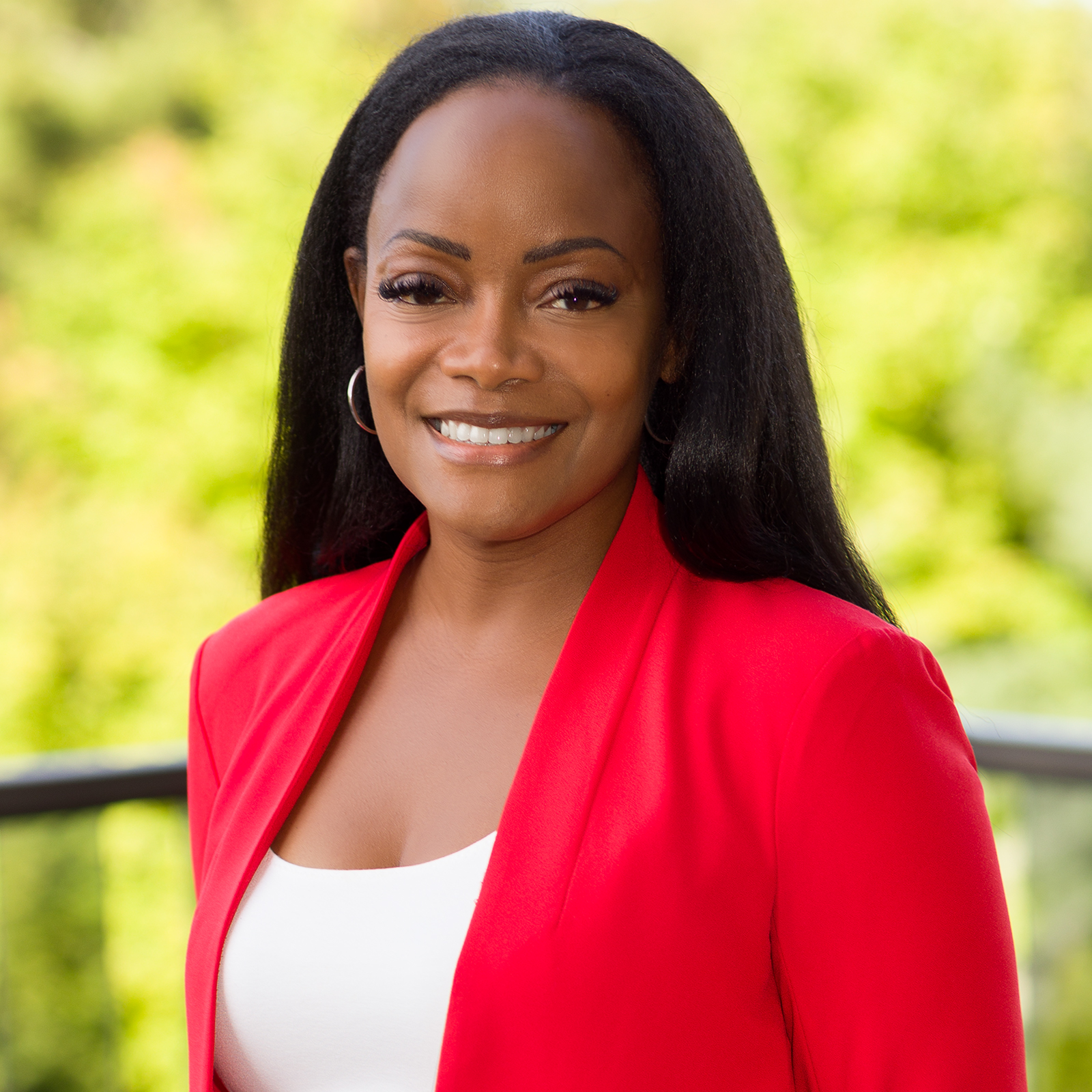
Nicole Woods, Moderator
Nicole N. Woods, PhD is Director of The Institute for Education Research (TIER) at University Health Network and Education Scientist & Associate Director of The Wilson Centre, University of Toronto. Dr. Woods joined the University of Toronto in 2006 and leads an internationally recognized program of research in health professions education. Dr. Woods' laboratory-based research uses methods and principles derived from cognitive psychology to advance theory and practice in health professions education.
The goal of her work is to transform the training of health professionals by developing models of knowledge acquisition and expertise development and translating these models into tools and techniques for education. Her research has significant implications for education across the developmental continuum and for a variety of health disciplines.
Dr. Woods is a Fellow of the Karolinska Institutet Prize for Medical Education Research (2019) and is currently an Associate Professor in the Department of Family and Community Medicine, University of Toronto..
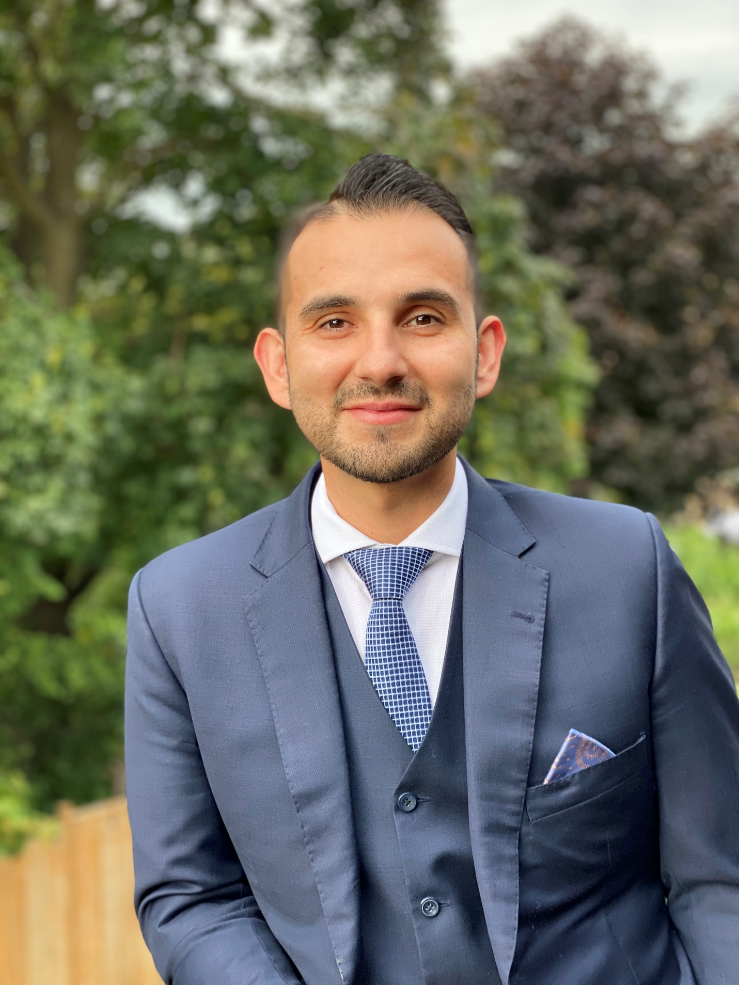
David Rojas, Moderator
David Rojas is an engineer with a Masters in Computer Science and a Ph.D. in Medical Sciences (Program Evaluation). Currently, David is a scientist at The Wilson Centre, University Health Network. He is also the Director of Program Evaluation at the MD Program, and an Assistant Professor at the Department of Obstetrics and Gynaecology, Temerty Faculty of Medicine, University of Toronto. David’s area of research focuses on program evaluation practices in Health Professions Education, specifically in capturing and understanding unintended consequences of complex educational systems in hospitals and academic institutions.
David has re-designed the evaluation processes and practices at the MD Program following theory-driven evaluation principles. He co-chairs the Data Management Advisory Group at the Temerty Faculty of Medicine, and is also an evaluation consultant for the Association of Faculty of Medicine Canada.
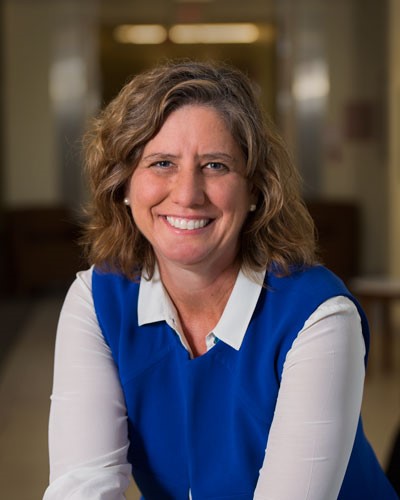
Cynthia Whitehead, Director, The Wilson Centre
Cynthia Whitehead has been appointed as the BMO Financial Group Chair in Health Professions Research at University Health Network for a five year term, effective January 1, 2016.
Cynthia Whitehead is a Professor in the Department of Family and Community Medicine at the University of Toronto; Director and Scientist at the Wilson Centre, Faculty of Medicine, University of Toronto at University Health Network; and the Vice-President Education, Women’s College Hospital. She has held many education leadership positions in medical education at the University of Toronto.
Dr. Whitehead obtained her PhD from the University of Toronto and MD from McMaster University. Her program of research as a Wilson Centre Scientist focuses on deconstructing ‘truths’ of health professions education to expand our understandings of possibilities for change. Some of Dr. Whitehead’s specific content areas of research interest include globalization of medical education, accreditation, equity diversity and inclusion, outcomes-based education, interprofessional education, and the history of medical education. Dr. Whitehead is involved in teaching, curriculum design, curricular evaluation and educational administration. Internationally, she has provided education consultations and worked collaboratively with educators in multiple countries in Africa, Asia, South America, North America and Europe.
Dates
October 4-7, 2021
October 12-14, 2021
October 19-22, 2021
Note: All times are in EDT (Toronto) time
Event Information
https://thewilsoncentre.ca/events-1
Location
Virtual: Zoom Webinar
Technical Assistance
Conference Services
conferences@uhn.ca

 Copyright© 2017 | MYConference Suite Registration | D.E. Systems | All Right Reserved.
Copyright© 2017 | MYConference Suite Registration | D.E. Systems | All Right Reserved.